- Payment Options
- Terms Conditions
- Malibu 453 blv
- info@charity.com
Menstrual hygiene is a crucial aspect of women’s health that has long been neglected due to stigma, misinformation, and cultural taboos.
Globally, millions of women and girls face challenges in managing their menstruation safely and with dignity, often due to inadequate access to hygiene products, clean water, and sanitation facilities. While menstrual hygiene itself is a vital issue, mentorship on this subject can play a transformative role in breaking the silence around menstruation and empowering young girls to embrace their womanhood with confidence.
Menstrual Hygiene: A Global Challenge
Menstrual hygiene refers to the effective management of menstrual blood and maintaining cleanliness during menstruation. This encompasses using clean materials, changing them regularly, and ensuring proper disposal.
However, in many parts of the world, particularly in low-income regions, access to sanitary products such as pads or tampons is limited. Many women are forced to rely on unsanitary alternatives like rags, leaves, or ash, leading to infections and health risks.
The problem extends beyond physical resources. Lack of education about menstrual health is rampant, leading to misconceptions and myths. In some cultures, menstruating women are considered impure and face restrictions on their mobility, diet, and participation in daily activities. Such beliefs can cause emotional distress and contribute to a lack of self-esteem among young girls.
The Role of Mentorship in Menstrual Hygiene Education
Mentorship can be a game changer in educating young girls about menstruation and breaking the silence surrounding this natural biological process. A mentor is not only someone who imparts knowledge, but also provides emotional support, guidance, and encouragement. In the context of menstrual hygiene, mentors can help young girls understand their bodies, develop healthy hygiene practices, and challenge harmful taboos.
Educational Support: Mentors can play a key role in offering comprehensive education about menstruation, reproductive health, and hygiene practices. Schools and communities can benefit from setting up mentorship programs where older women or trained professionals can hold workshops or one-on-one sessions with young girls. These sessions can cover everything from what menstruation is, how to use sanitary products, how to manage cramps, and how to track menstrual cycles.
Boosting Self-Confidence: Many girls experience shame and embarrassment
during their first menstruation. Mentors can help girls understand that menstruation is a normal, healthy part of life. Through open conversations, mentors can work to dismantle the negative narratives and encourage girls to be confident about their bodies. This empowerment is essential, as it can help girls focus better in school and other aspects of their lives, free from the anxiety of managing menstruation.
Emotional Support: Menstruation can be overwhelming for girls, especially in environments where discussing it is considered taboo. A mentor can provide a safe space for girls to ask questions and express their concerns. For example, young girls who are nervous about leaking at school or dealing with painful cramps may be more likely to share these fears with a mentor. Having someone they can trust makes a significant difference in how they navigate the emotional challenges of menstruation.
Advocating for Access: Mentorship can also encourage advocacy. Mentors can teach girls about their rights to adequate hygiene products and clean facilities. They can advocate for menstrual health by engaging with school systems, local governments, or NGOs to ensure that proper menstrual hygiene management facilities and products are available. In some mentorship programs, girls are taught how to make reusable sanitary pads, thereby creating sustainable solutions in resource-poor communities.
Success Stories: Empowering Communities Through Mentorship
Several programs and organizations around the world are demonstrating the power of mentorship in menstrual hygiene education:
Days for Girls International provides girls with health education and sustainable feminine hygiene kits. This organization pairs education with mentorship, offering not only the tools but also the guidance needed for girls to manage their menstruation with dignity.
The Pad Project, featured in the Oscar-winning documentary Period. End of Sentence., focuses on ending the stigma around menstruation through education and providing sanitary pads to underprivileged girls in India.
By equipping women with the means to produce pads locally, the project empowers women to lead and mentor other girls, transforming entire communities.
Menstrual Hygiene Day, celebrated annually on May 28, is a global advocacy platform that connects the efforts of individuals, organizations, and governments to raise awareness about the importance of menstrual hygiene. Many of the campaigns on this day center around educating and mentoring young girls to dispel the myths surrounding menstruation.
Conclusion
Menstrual hygiene and mentorship are intertwined in the broader context of women’s empowerment and gender equality. By breaking the silence around menstruation and equipping young girls with knowledge and support, mentors play an essential role in ensuring that no girl is held back by her period. Mentorship initiatives, when combined with advocacy for better hygiene resources, can bring about transformative changes in societies. They promote not just healthy menstruation but also self-esteem, gender equality, and human rights. Addressing menstrual hygiene through mentorship is a step toward a world where women and girls can thrive without being hindered by societal taboos or a lack of resources.
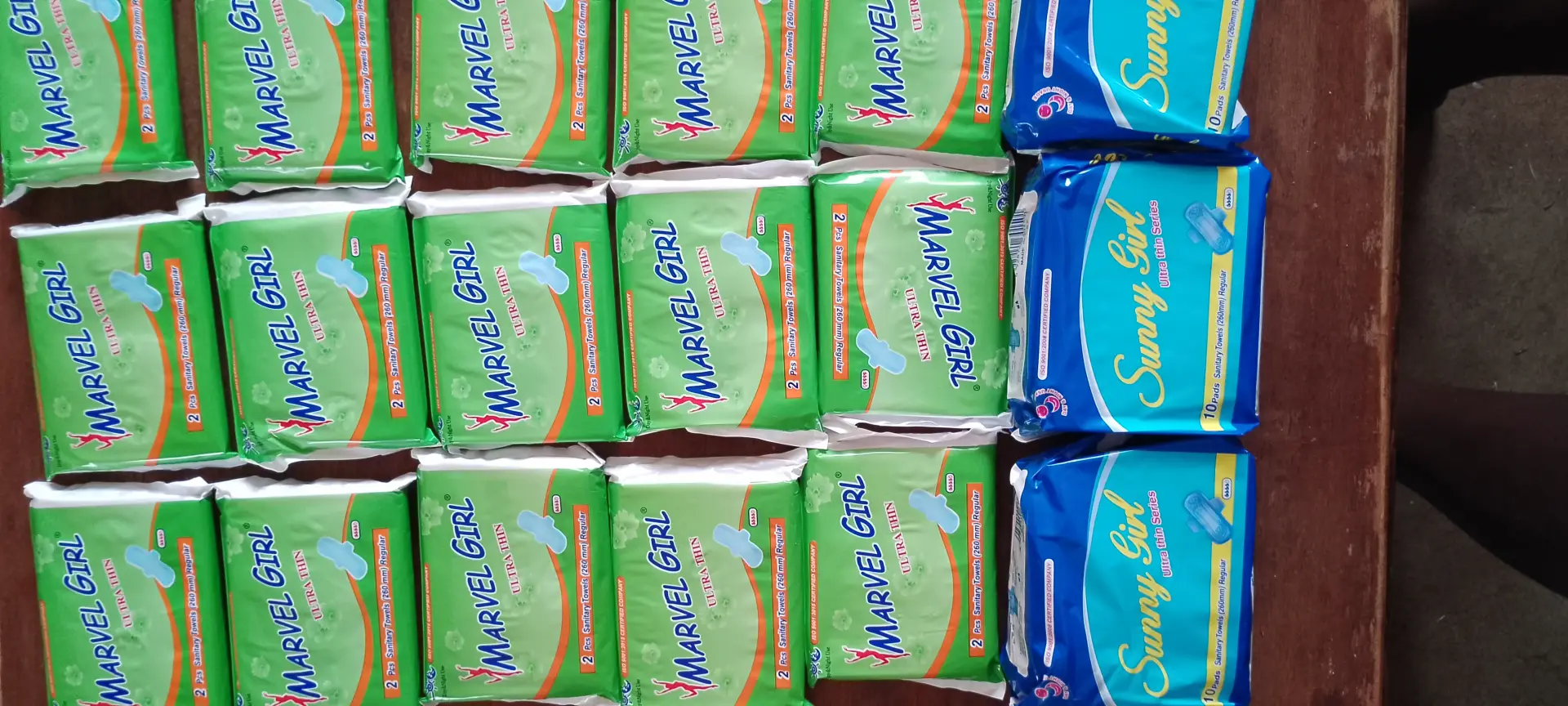
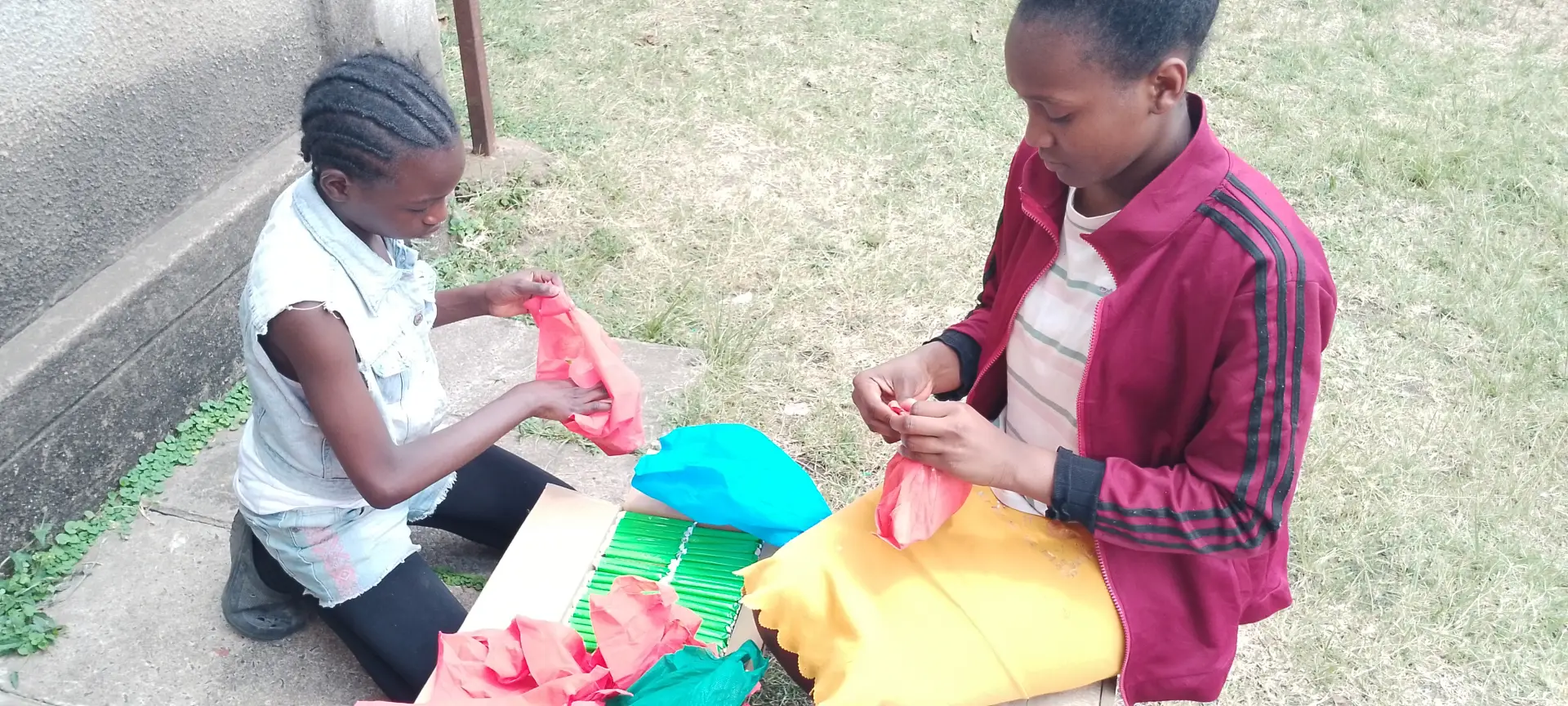
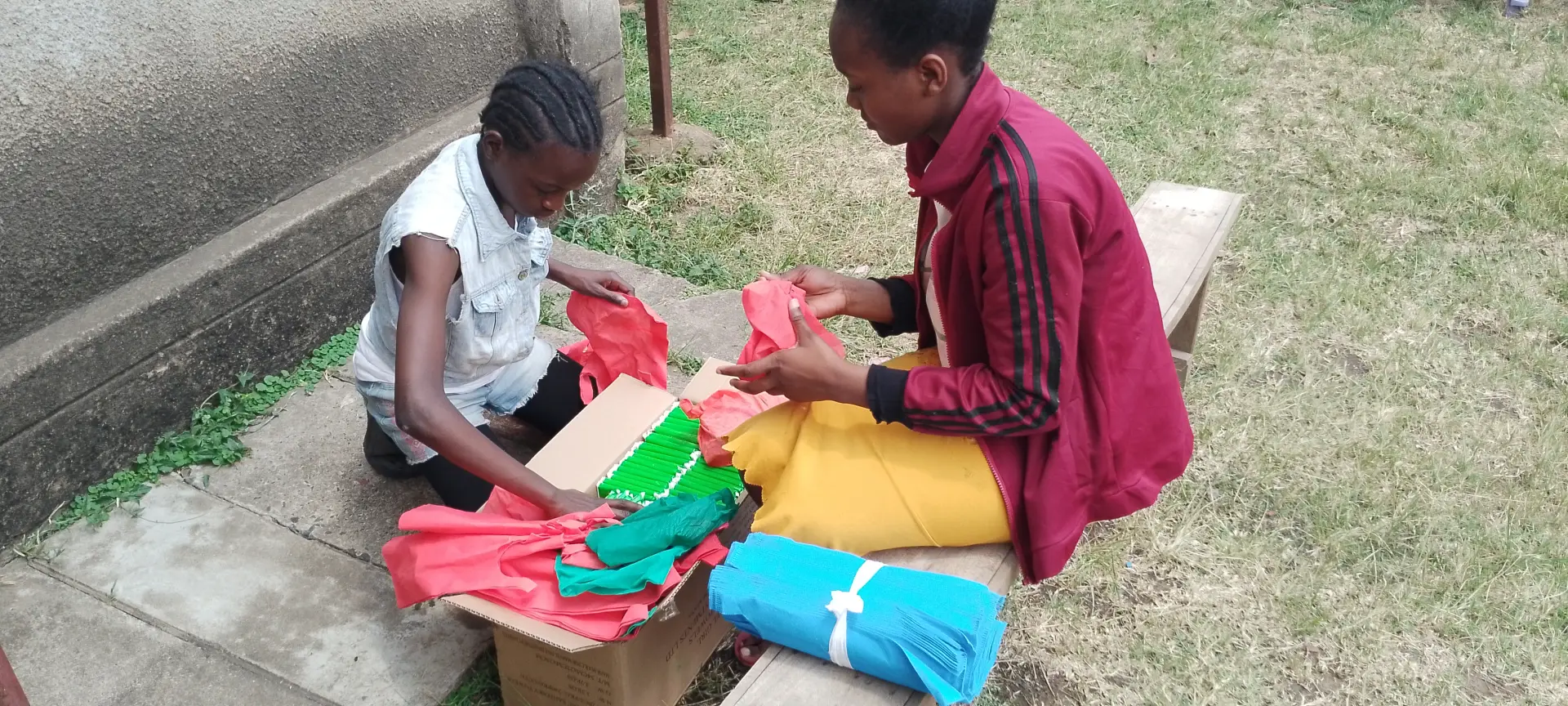
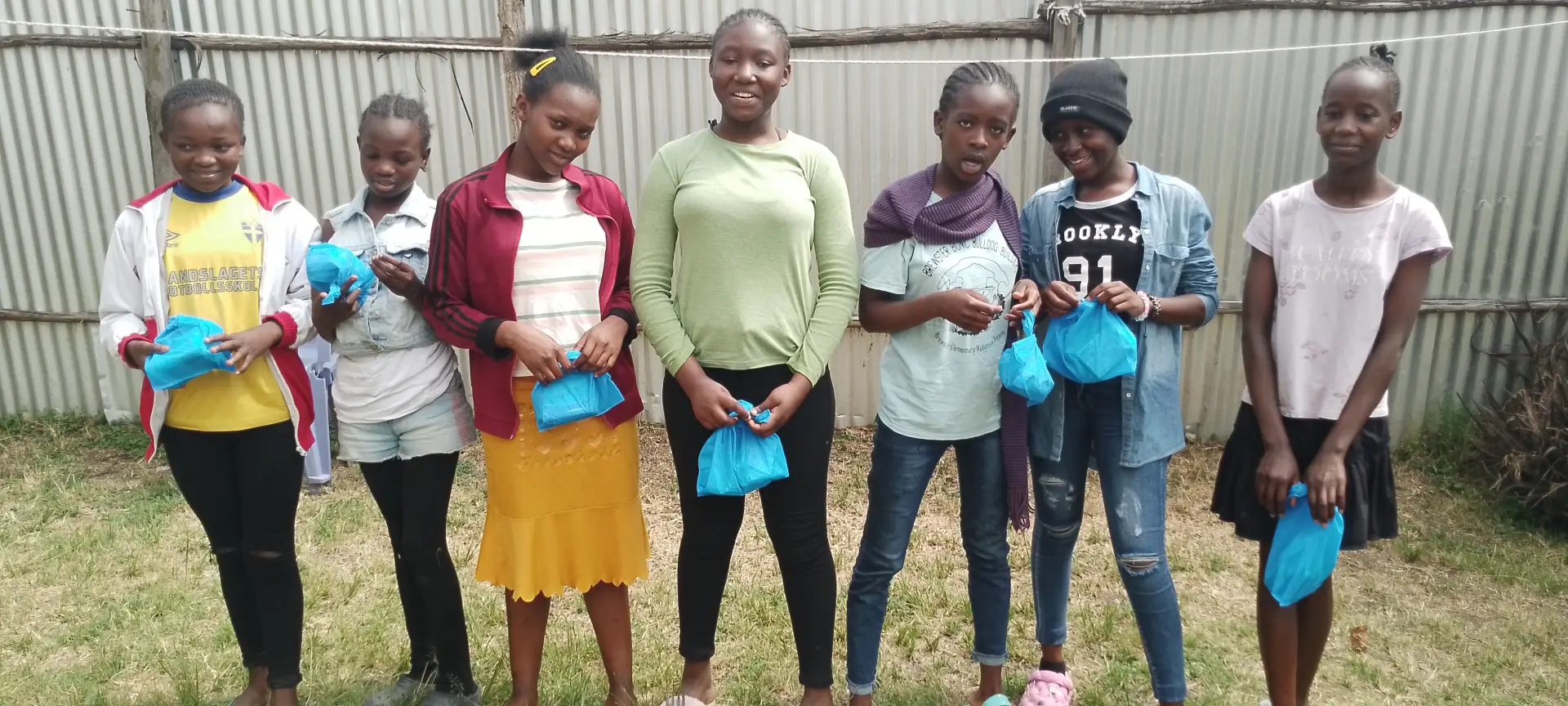
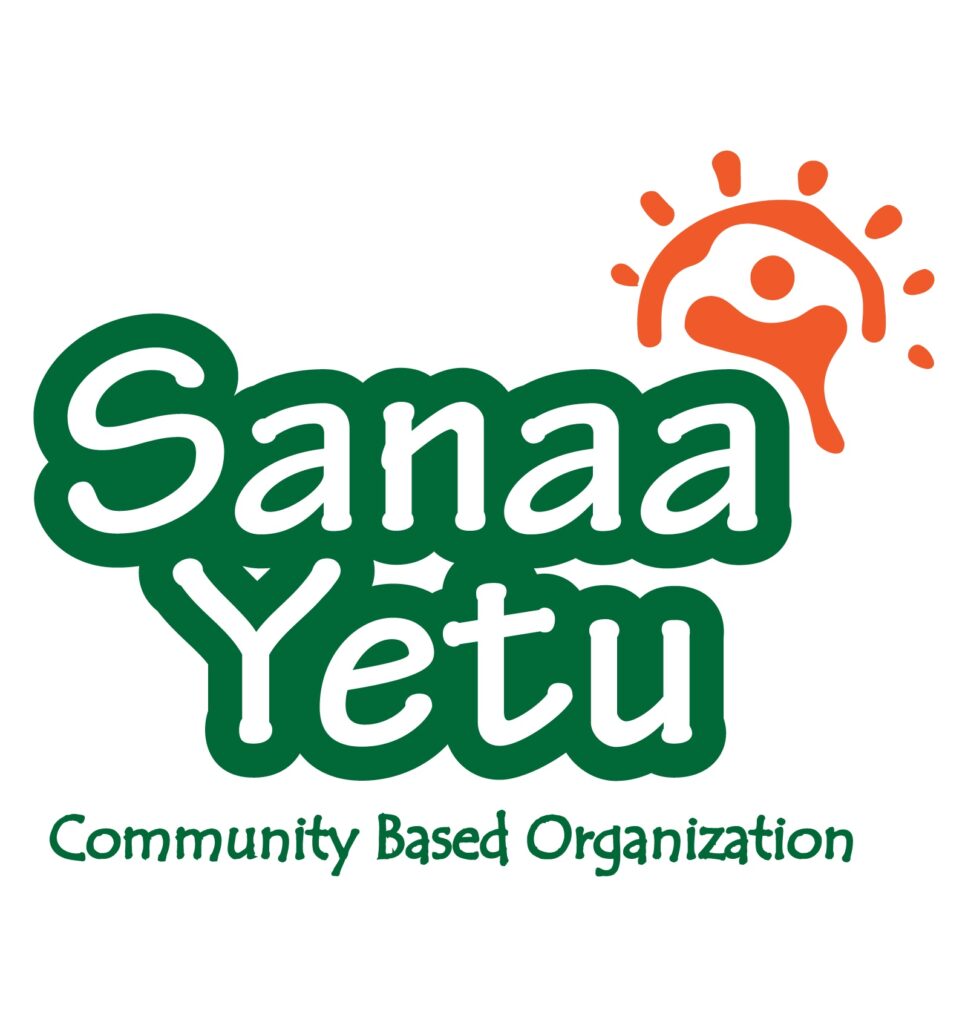
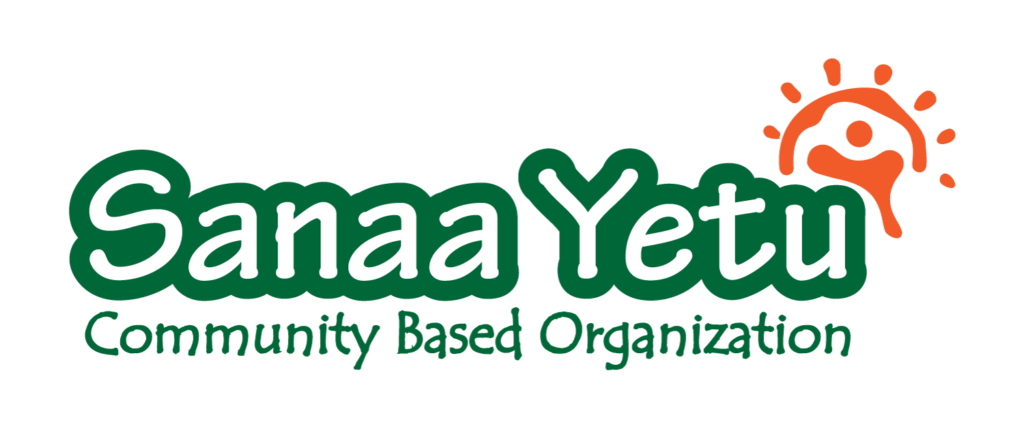
We are a community based organization focused on empowering women and Youth through access to information, Education and business opportunities. We educate our community on importance of mental wellness, menstrual hygiene business opportunities and a clean environment as the key to a progressive community. We advocate for tax cut policies that affect women sanitary health and access to favourable loans to empower the youth to have small startups in our community.






© Copyright 2024. Powered by Capenet Global